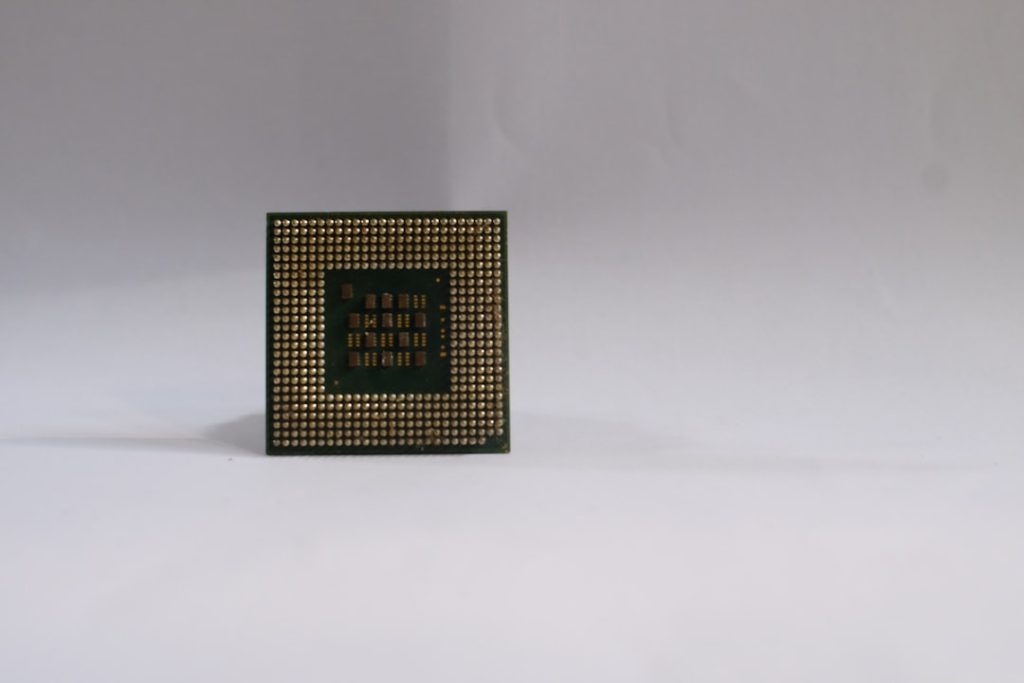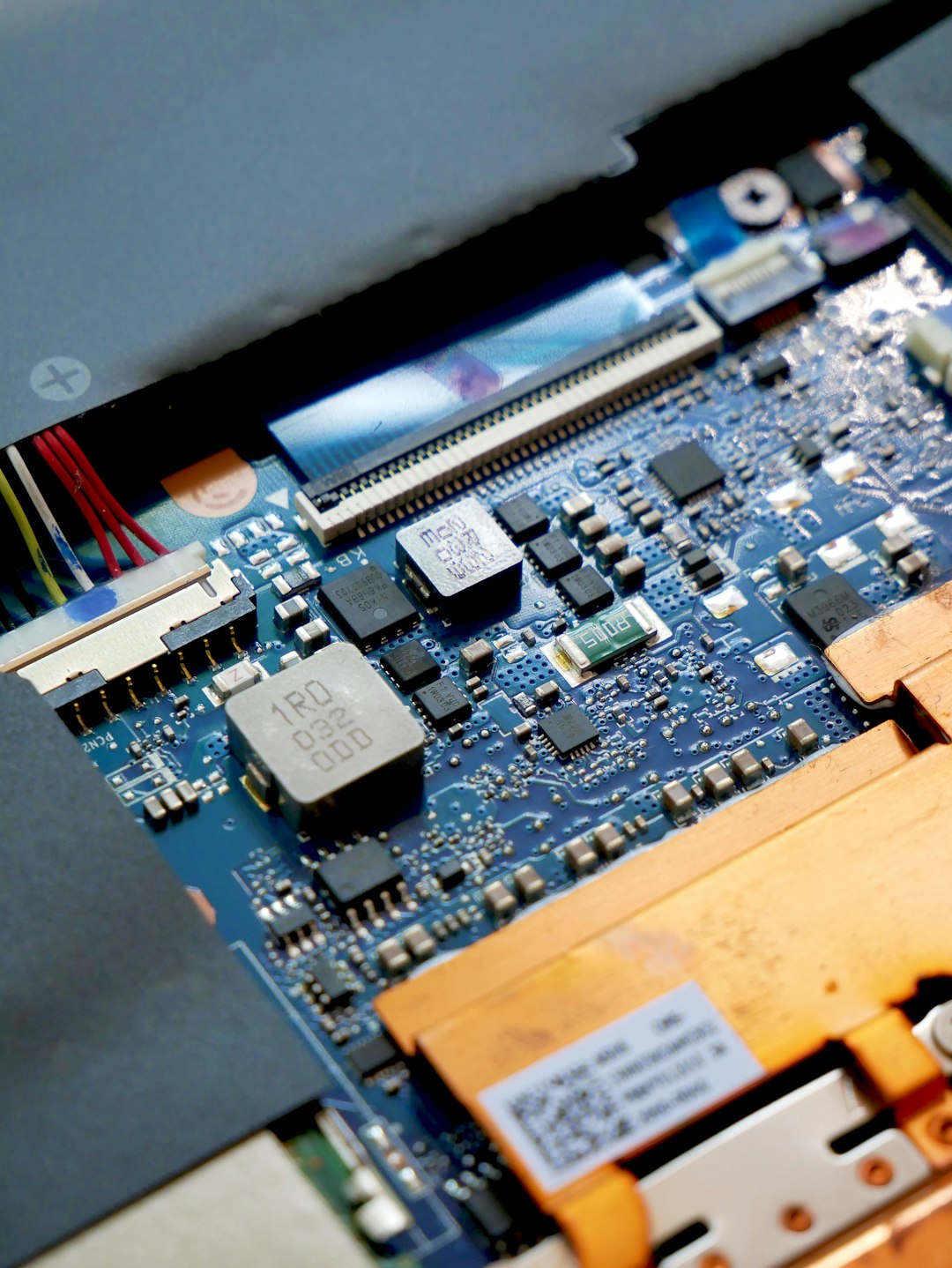Best CPUs for Gaming + ML Model Training

Choosing the right CPU for gaming and machine learning model training can be a daunting task. With countless options available in the market, users must consider not just the performance but also compatibility, efficiency, and budget. Whether you’re a hardcore gamer seeking ultra-smooth FPS or a data scientist training deep learning models, selecting a powerful CPU makes all the difference.
TL;DR (Too long, didn’t read)
The best CPUs for both gaming and ML model training usually feature high core counts, fast clock speeds, and robust multi-threading capabilities. AMD’s Ryzen 9 and Intel’s Core i9 lines offer exceptional performance across gaming and professional tasks. Users balancing gaming and machine learning should prioritize CPUs with strong single-thread and multi-thread performance. The ideal choice often depends on your overall system configuration, including GPU, RAM, and cooling setup.
Key Features to Look For
Before diving into specific models, it’s important to understand what makes a CPU fit for both gaming and machine learning training. Here are the main features users should consider:
- Core Count and Threads: More cores allow parallel task execution, ideal for ML workloads.
- Clock Speed: Higher frequencies improve gaming performance through faster single-thread operations.
- Cache Size: Larger cache reduces latency in processing repeated tasks, useful in neural network workloads.
- Integrated AI Acceleration: Some CPUs come with AI-specific features like Intel’s DL Boost for ML enhancement.
- TDP and Thermal Management: Effective cooling is important for sustained performance under load.
Top CPUs for Gaming and Machine Learning
With the basics covered, let’s look at the top performers in 2024 that strike the right balance between high-end gaming and versatile machine learning capabilities.
1. AMD Ryzen 9 7950X
This 16-core, 32-thread powerhouse has become a favorite for enthusiasts who want the best of both worlds. Built on AMD’s 5nm Zen 4 architecture, the 7950X delivers exceptional gaming frame rates and top-tier parallel performance needed for ML.
Specs:
- Base Clock: 4.5 GHz
- Boost Clock: Up to 5.7 GHz
- L2 + L3 Cache: 80 MB total
- TDP: 170W
The Ryzen 9 7950X excels across diverse workloads, from gaming in 4K to training CNNs or transformer-class models. Its PCIe 5.0 support and DDR5 compatibility future-proof the build for upcoming GPUs and memory modules.

2. Intel Core i9-13900K
Intel’s 13th Gen “Raptor Lake” flagship CPU combines efficiency and performance cores for an optimal hybrid design. With 24 total cores (8 P-cores and 16 E-cores), it is a multitasking beast.
Specs:
- Base Clock (P-core): 3.0 GHz
- Boost Clock (P-core): Up to 5.8 GHz
- Threads: 32
- TDP: 125W (Base), 253W (Turbo)
The i9-13900K shines in gaming, especially in titles that leverage single-thread performance. Similarly, its E-cores handle background ML workloads, data loading, and preprocessing with efficiency.
3. AMD Threadripper 7995WX
For those who prioritize ML training over gaming but still want solid in-game performance, the Threadripper 7995WX is unmatched. With 96 cores and 192 threads, it is tailor-made for heavy AI and data science workflows.
Specs:
- Base Clock: 2.5 GHz
- Boost Clock: Up to 5.1 GHz
- L3 Cache: 384 MB
- TDP: 350W
This CPU is overkill for gaming but perfect for massive ML datasets and multi-GPU setups in frameworks like TensorFlow or PyTorch.
Note: You’ll need a workstation-grade TRX50 motherboard and a high-capacity PSU to fully utilize this beast.
4. Intel Xeon W9-3495X
Designed for workstation pros, the Xeon W9-3495X is Intel’s response to AMD’s Threadripper for high-compute environments. This CPU is optimal for engineers training large ML models, developing simulations, or running parallelized workloads.
Specs:
- Cores: 56
- Threads: 112
- Base Clock: 1.9 GHz
- Boost Clock: Up to 4.8 GHz

Though not ideal for gaming due to its modest clock speed and high power draw, its core count ensures unmatched performance in ML model training.
5. AMD Ryzen 7 7800X3D (Gaming-Centric)
For users who prioritize gaming but want to dabble in ML, the Ryzen 7 7800X3D is a better-priced option. With its 3D V-Cache architecture, it delivers market-leading gaming performance thanks to faster cache memory access.
Specs:
- Cores: 8
- Threads: 16
- Base Clock: 4.2 GHz
- Boost Clock: Up to 5.0 GHz
This chip is perfect for moderate ML training and provides excellent thermal performance. When paired with a powerful RTX GPU, it becomes a competent budget-friendly workstation/gaming platform.
Gaming vs Machine Learning: What to Prioritize
When choosing a CPU, the decision often comes down to use-case balance:
- If gaming is the primary objective, prioritize high clock speed and cache (like the Ryzen 7 7800X3D).
- If machine learning training is the priority, favor core counts and system scalability (like Threadripper 7995WX or Intel Xeon).
- If you need both, high-end Intel Core i9 and Ryzen 9 CPUs strike a functional middle ground.
Final Considerations
Here are a few final pieces of advice to help with your CPU decision:
- Make sure your motherboard supports the selected CPU, especially considering socket types and memory compatibility.
- Invest in high-speed RAM and an advanced cooling solution to eliminate bottlenecks.
- For extensive ML training, always prioritize expanding GPU potential via PCIe lanes.
- Factor in total power draw and PSU strength—many high-core CPUs exceed 250W TDP.
FAQ
Q: Can I use a gaming CPU for machine learning?
A: Yes, many gaming CPUs like the Intel i9-13900K or Ryzen 9 7950X offer sufficient multi-threading performance suitable for moderate ML model training.
Q: Is more cores always better for ML training?
A: Not always. While more cores improve training speed, GPU acceleration matters more. Use a multi-core CPU to avoid bottlenecking GPU workloads.
Q: Are all these CPUs compatible with DDR5 memory?
A: Most newer CPUs like the Ryzen 7000 series and Intel 13th Gen support DDR5, but always verify the motherboard compatibility.
Q: What CPU is best if I want both top-tier gaming and ML?
A: The Ryzen 9 7950X or Intel i9-13900K offer a great balance between gaming and ML training performance.
Q: How important is cooling for high-end CPUs?
A: Extremely important. High-end CPUs like
